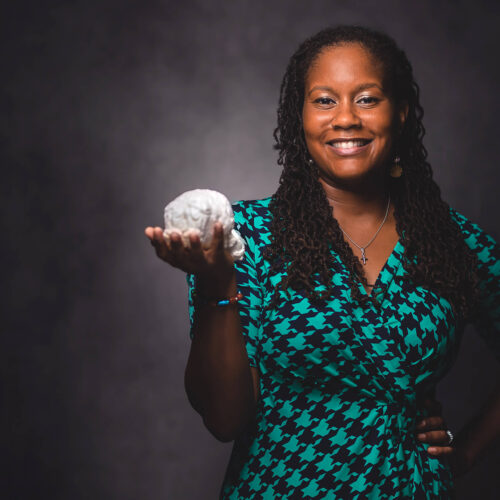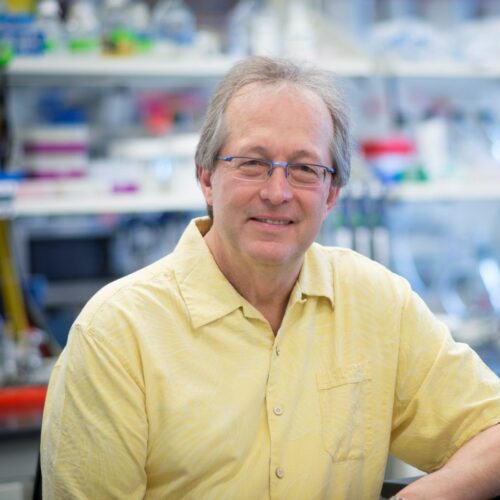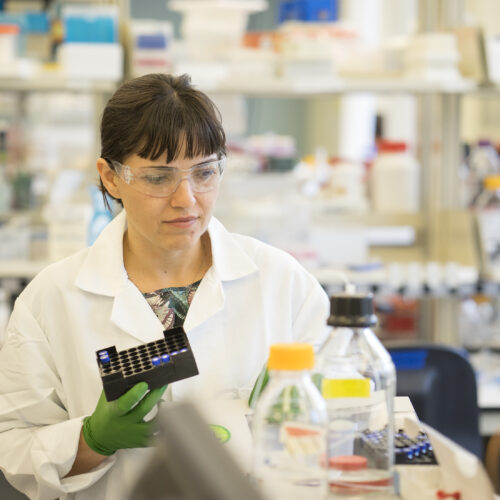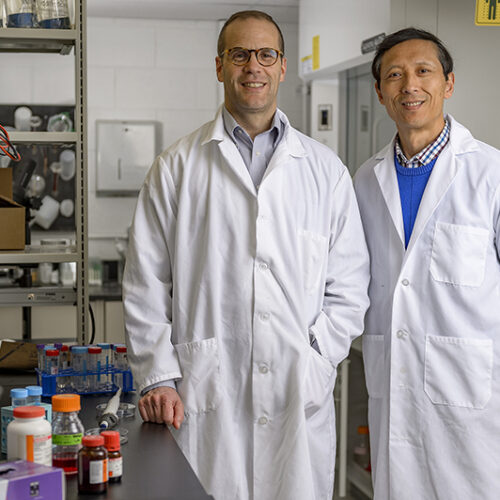
January 27, 2020
Getting cancer drugs to the brain is difficult – but a new ‘road map’ might make it easier
The human brain has some remarkable capabilities – including the ability to block cancer drugs from effectively reaching cancer cells in the brain.
The greatest obstacle when it comes to treating cancer that has spread to the brain is the blood-brain barrier, the brain’s natural defense mechanism that is a collection of blood vessels that can filter out what goes in and out of the brain





